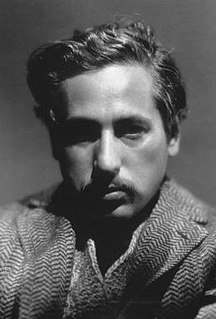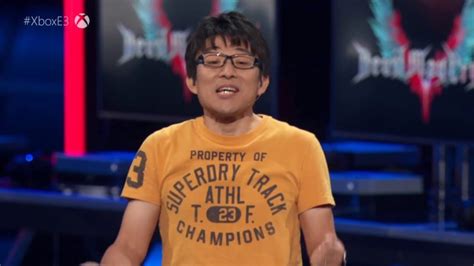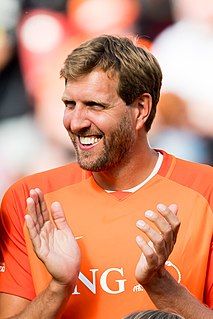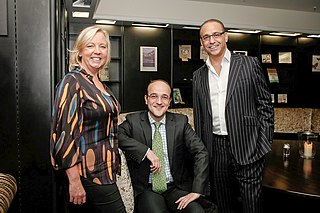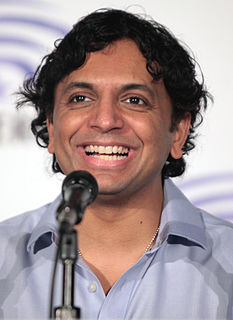A Quote by Mats Wilander
Your game stalls when you assume you're the finished product.
Related Quotes
The most common way customer financing is done is you sell the customer on the product before you've built it or before you've finished it. The customer puts up the money to build the product or finish the product and becomes your first customer. Usually the customer simply wants the product and nothing more.
First, I take a lot of time to just explain my vision of what the game should be to the team. Then I make all subsequent decisions based on how I want to feel when I buy the game, and what impressions I want to have of it. I then go about implementing the little points that will lead up to that finished product.
Traditional sales and marketing involves increasing market shares, which means selling as much of your product as you can to as many customers as possible. One-to-one marketing involves driving for a share of customer, which means ensuring that each individual customer who buys your product buys more product, buys only your brand, and is happy using your product instead of another to solve his problem. The true, current value of any one customer is a function of the customer's future purchases, across all the product lines, brands, and services offered by you.






